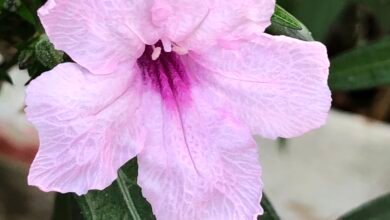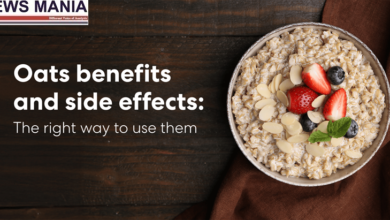Why Was Ranitidine Eliminated From India’s List Of Essential Medications?

The Health Ministry joined other nations, including the United States, in taking action against the salt that has been a cause for concern globally earlier this week by removing it from the list of Essential Medicines.
What is Ranitidine?
Ranitidine is a salt that is widely available in India under the brand names Aciloc, Zinetac, and Rantac, among others. It is frequently given for conditions related to acidity and stomachaches.
It is given to treat and prevent stress ulcers as well as gastroesophageal reflux disease (GERD), gastric ulcers, and duodenal ulcers. According to the National Library of Medicine’s National Center for Biotechnology Information, salt prevents the production of both stomach acid and the basic gastric juices that are brought on by secretagogues like pentagastrin and histamine.
What is the Ranitidine controversy?
Since the discovery of trace amounts of a carcinogen impurity in the salt, ranitidine has been the subject of extensive research. The salt was created by Glaxo Holdings Ltd, which is now a division of GlaxoSmithKline PLC. It received its first approval in the United States in 1983 along with approval from 31 other nations.
Both the over-the-counter (OTC) and prescription medicine were discovered to contain low levels of N-Nitrosodimethylamine (NDMA), which the NIH has designated as a human carcinogen linked to bladder, stomach, esophagus, and nasopharynx cancers. According to studies, salt contamination may be caused by a combination of heat and time.
The FDA stated in a statement in 2020 that the medicine was prohibited in the US due to the danger against benefit ratio Low concentrations of NDMA are frequently consumed through food and drink, for instance. It would not be anticipated that these low concentrations would raise the chance of developing cancer. However, persistently increasing exposure levels may raise the chance of cancer in people.
While the Health Ministry made the choice this year, the US had at least one manufacturing facility in India that produces the active components for medicines sanctioned in 2020.
News Mania Desk






